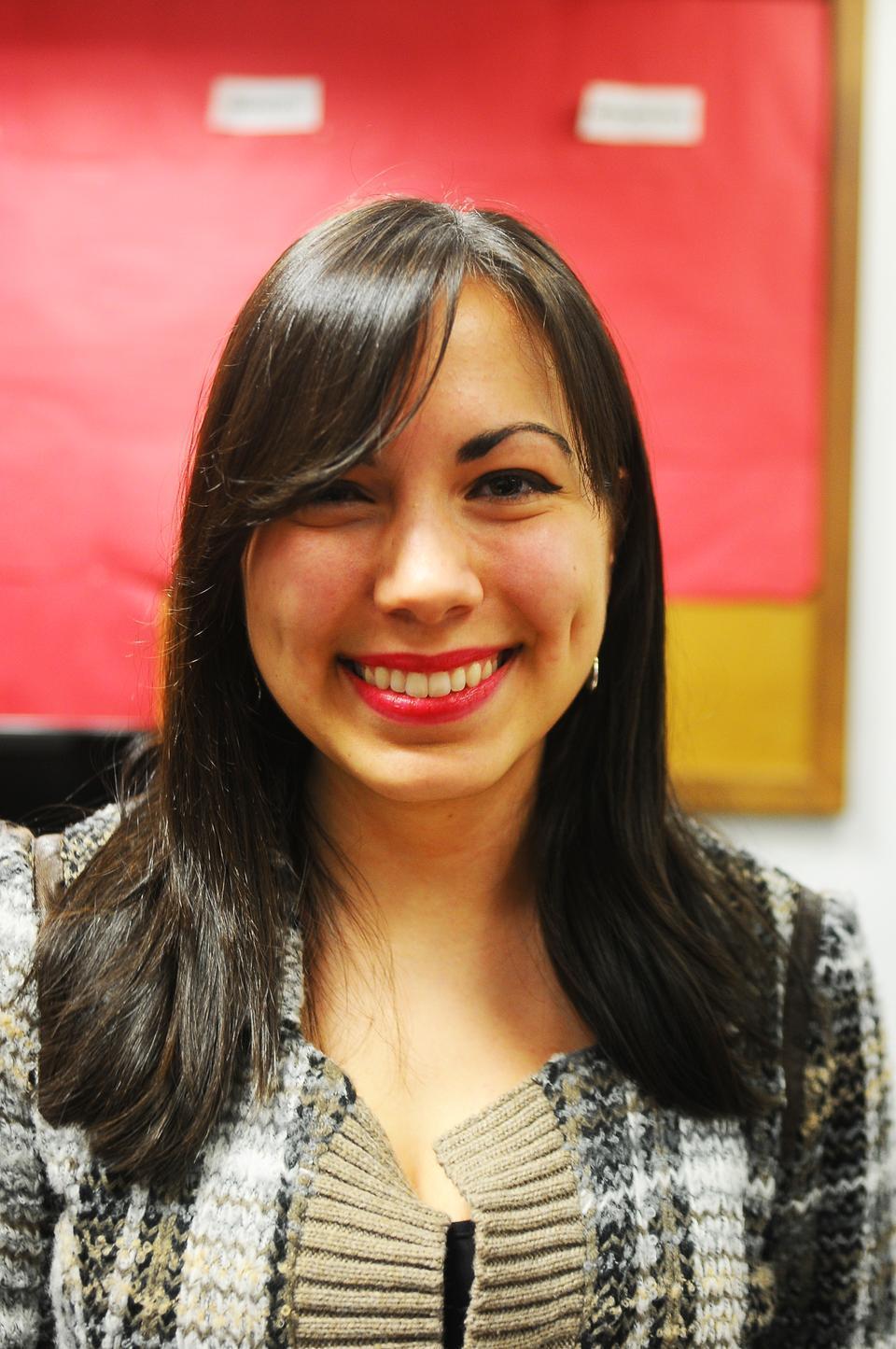
Scar Tissue
I don’t remember how the scars started. I’ve never been able to actually see or touch them, but I’ve carried them for as long as I can remember. Sometimes I forget they’re even there, but I can never quite escape them.
Maybe it has something to do with the city, and how, late at night, the ohsoquiet doesn’t let me forget about the ceaseless, clear coquí frog sounds that would sing me to sleep. Maybe it’s related to the borderline panic attacks I get when it’s been days since I’ve said something, let alone had a thought, in Spanish.
Maybe it has more to do with our different perceptions of beaches. For most of my friends here at school, they’re the quintessential indicators of paradise. Apparently, if you live close to one, all you ever do is work on your tan and sip on piña coladas. Don’t forget about grinding to reggaetón. (Daddy Yankee, yo!)
To these friends, beaches aren’t hidden sanctuaries for broken bottles and shards of glass, cigarette butts, or used syringes. They aren’t places that shock them into remembering how small they are, but rather places that allow them to disconnect from their “real world” in the States.
That real world isn’t as far away as they might wish it to be. It’s here as well, just a few miles away from my San Juan home.
The summer before we all left for college, a group of friends and I went on a road trip, determined to find one of the island’s hidden gems: an ice cream shop that serves flavors like sweet plantain, cod fish, and rice pudding.
I was dubbed the designated driver, even though I had no idea how to get there. After we all crammed into my lime-green Volkswagen Beetle, we were off, serenaded by the likes of bands from ‘N Sync to Major Lazer. No regrets.
The road signs gave distances in kilometers. We, however, were brought up under U.S. customary units. As a result—and with Google Maps on the fritz because even it finds nations in political limbo trifling—it took us a while to understand the labyrinthine mountain roads.
Several hours later, we made it to Lares’ town square. After taking a solid 15 minutes to parallel park my car into a space that could have easily fit two vdub bugs, we ran to the store, where we proceeded to sample one of almost everything. One of my friends treated herself to a dulce de leche/coffee combo, I indulged in a cinnamon-flavored coquito/corn concoction. We both rolled our eyes at the endearing environmentalist smoker in our group, who wondered if the shop promoted humane food production policies.
Right before leaving, we walked around the plaza and, like your typical prematurely nostalgic teenagers, took pictures throughout the 20 minutes we spent in town. Slightly embarrassed, I couldn’t help but look at the locals between shots.
I could feel their friendly, yet distrusting gazes reflected on my thin, black-rimmed glasses. Chuckling at our own witticisms while photographing what we thought were community oddities, we were inadvertently making a spectacle out of their day-to-day lives. I gulped dryly at that realization—I was no better than the Coppertone-smeared tourists who show up in Old San Juan dressed like they’re about to go on safari.
Now that I go to Harvard, a high school parent’s wet dream, presumably, I don’t feel as guilty keeping tabs on the Isle from afar.
And yet, when I pull up my local newspaper’s homepage, I read the headlines—Gang Violence Rises, Innocent Bystander Caught in Gunfire (a six-year-old, this time), and JLo Shares Table with Marc Anthony’s Girlfriend—and the scars start to sting again.
Puerto Rico, my heart’s de-vo-tion. Let it sink back in the ocean.
What am I doing here? Where do I fit in all of this? Shouldn’t I be home, trying to accomplish something more concrete than turning in some bullshit research paper? Why did I leave?
As vapid as I’m aware it might sound, I was worried that I would be missing out on an opportunity, whatever that’s supposed to mean, by staying in San Juan. Worried that I wouldn’t grow if I did not physically remove myself from a relatively insular culture. All that worry, it seems, became a spineless feeling, a sense of cowardice. One that, over time, dug into my skin, hardened into these scars, and almost immediately became invisible to those who haven’t looked closely enough.
But these scars aren’t something to be ashamed of. They’re here for me to keep, and hey, scars make me look like a badass.
Valeria M. Pelet, 2015, is a History and Literature concentrator in Winthrop House. Her “real world” is way better than MTV’s.


